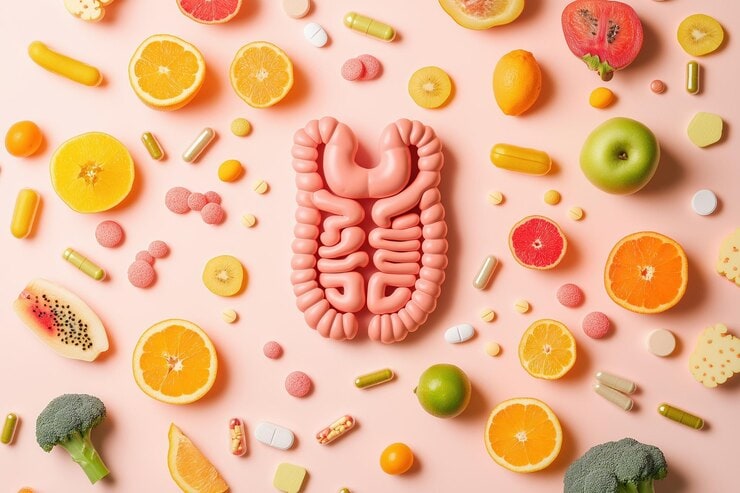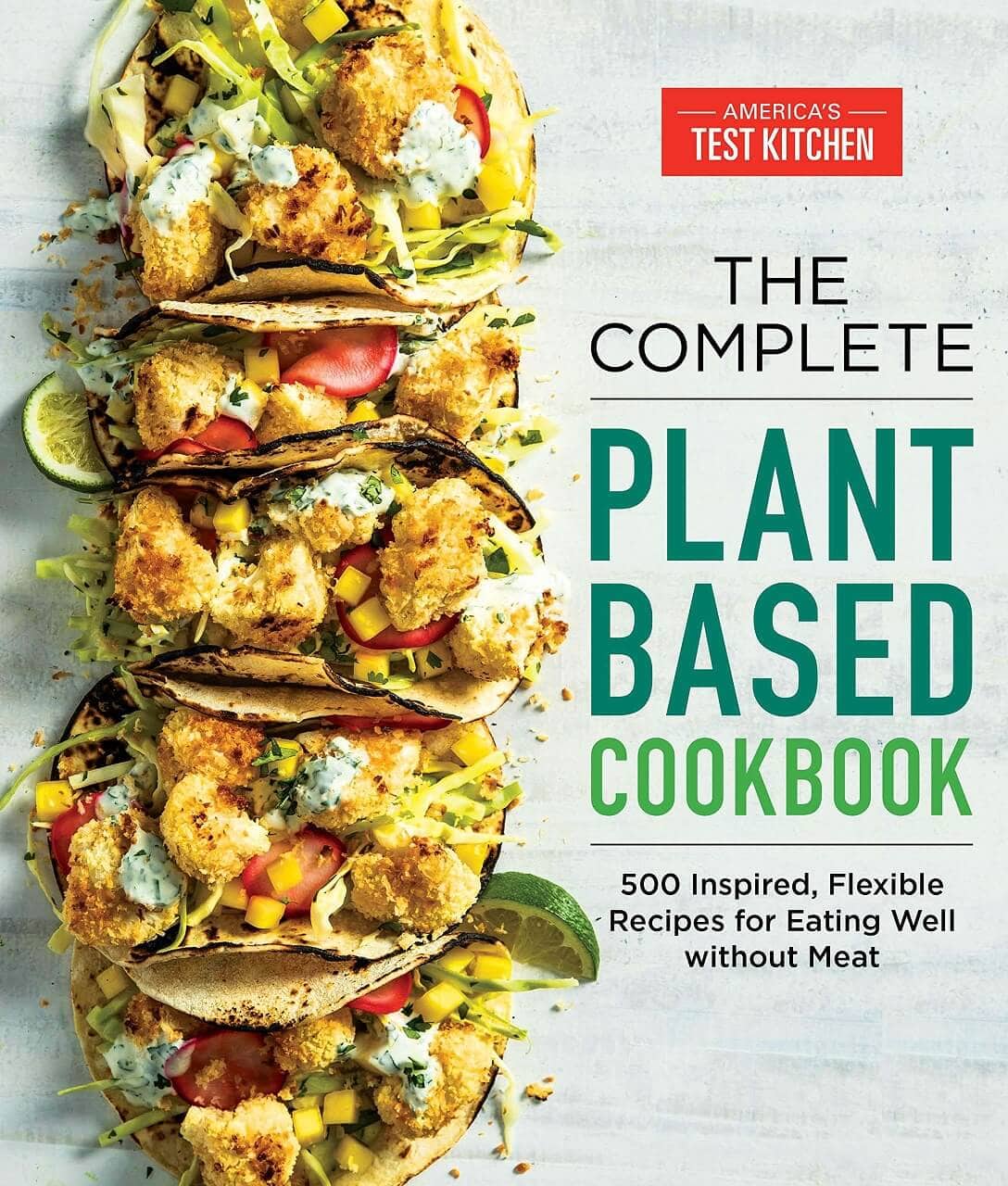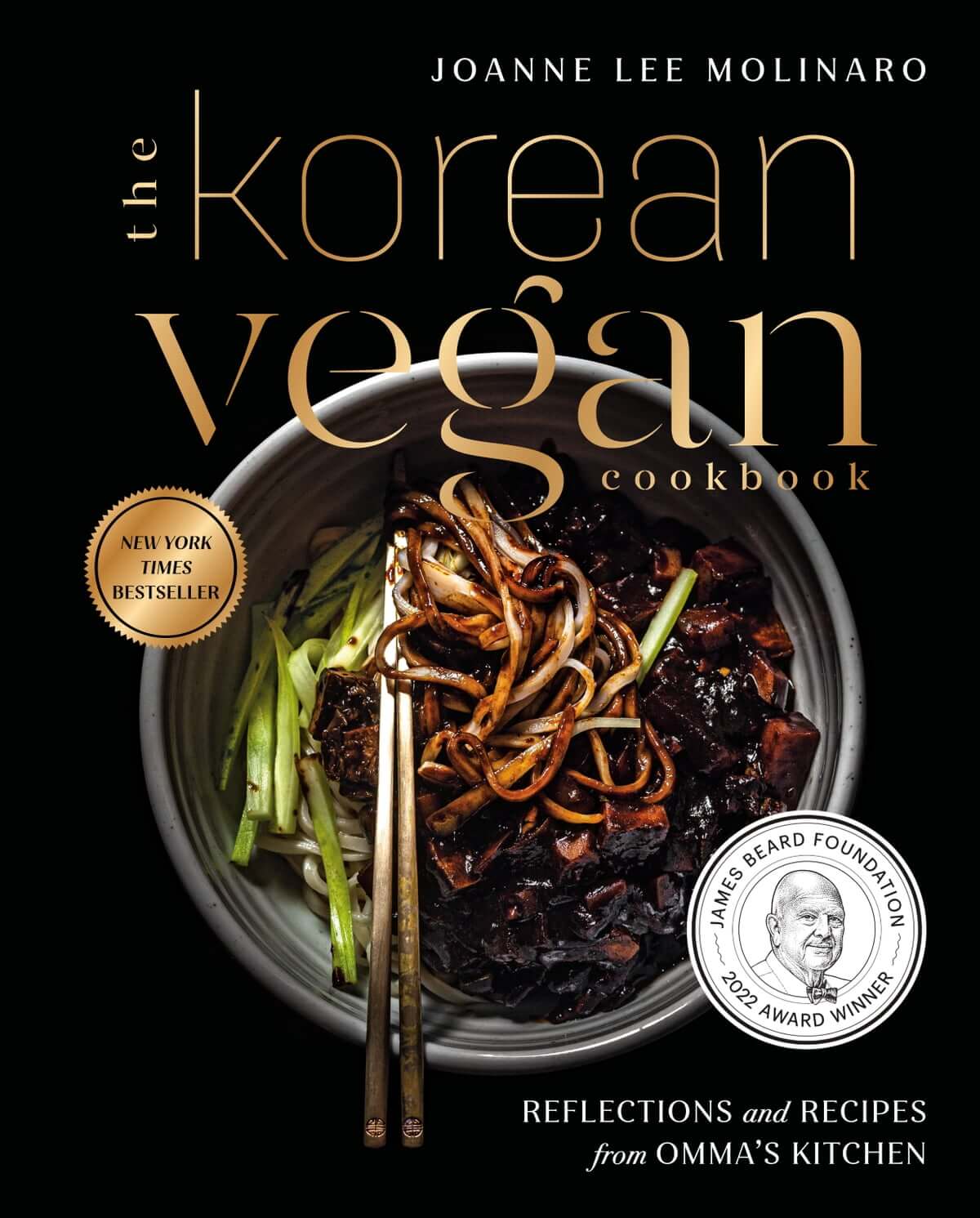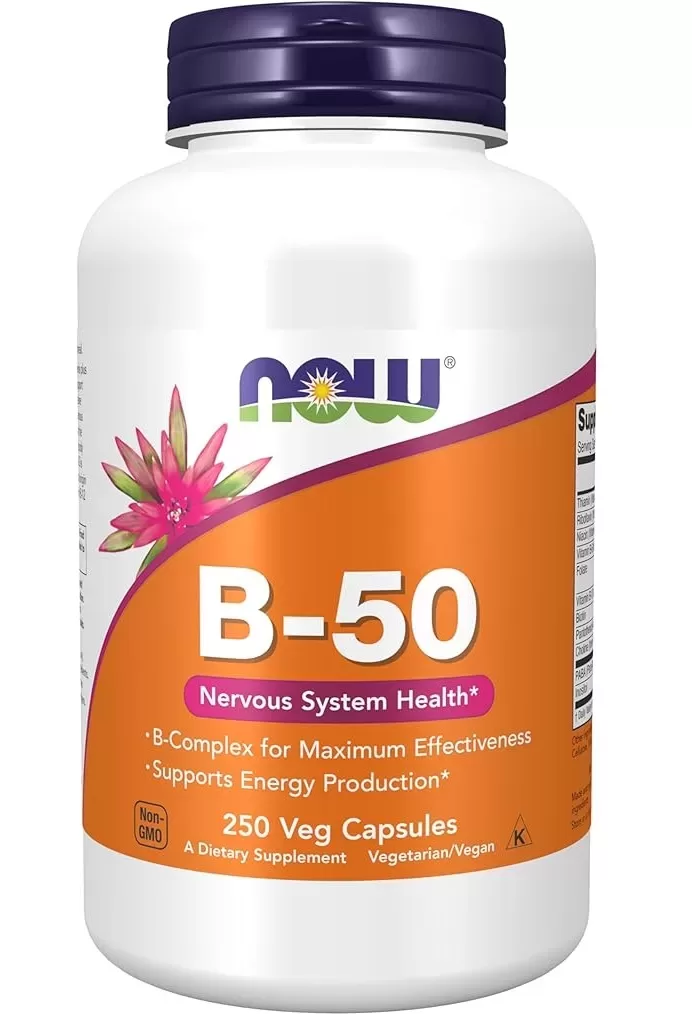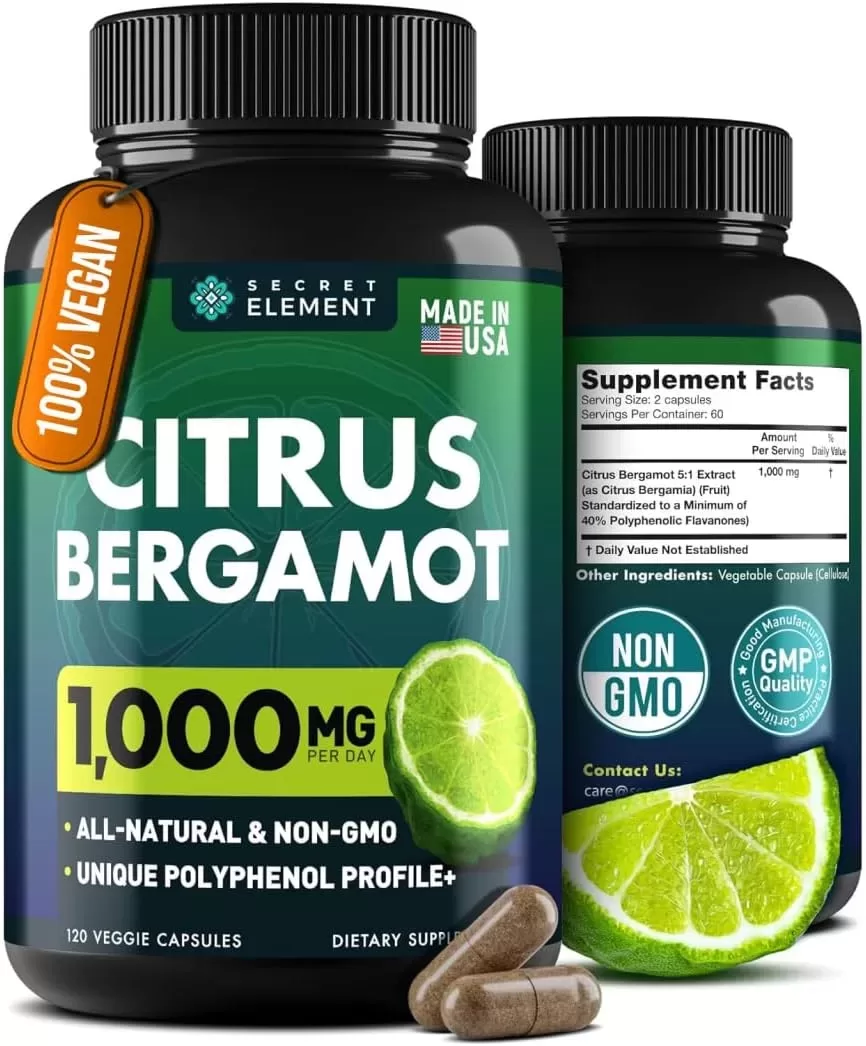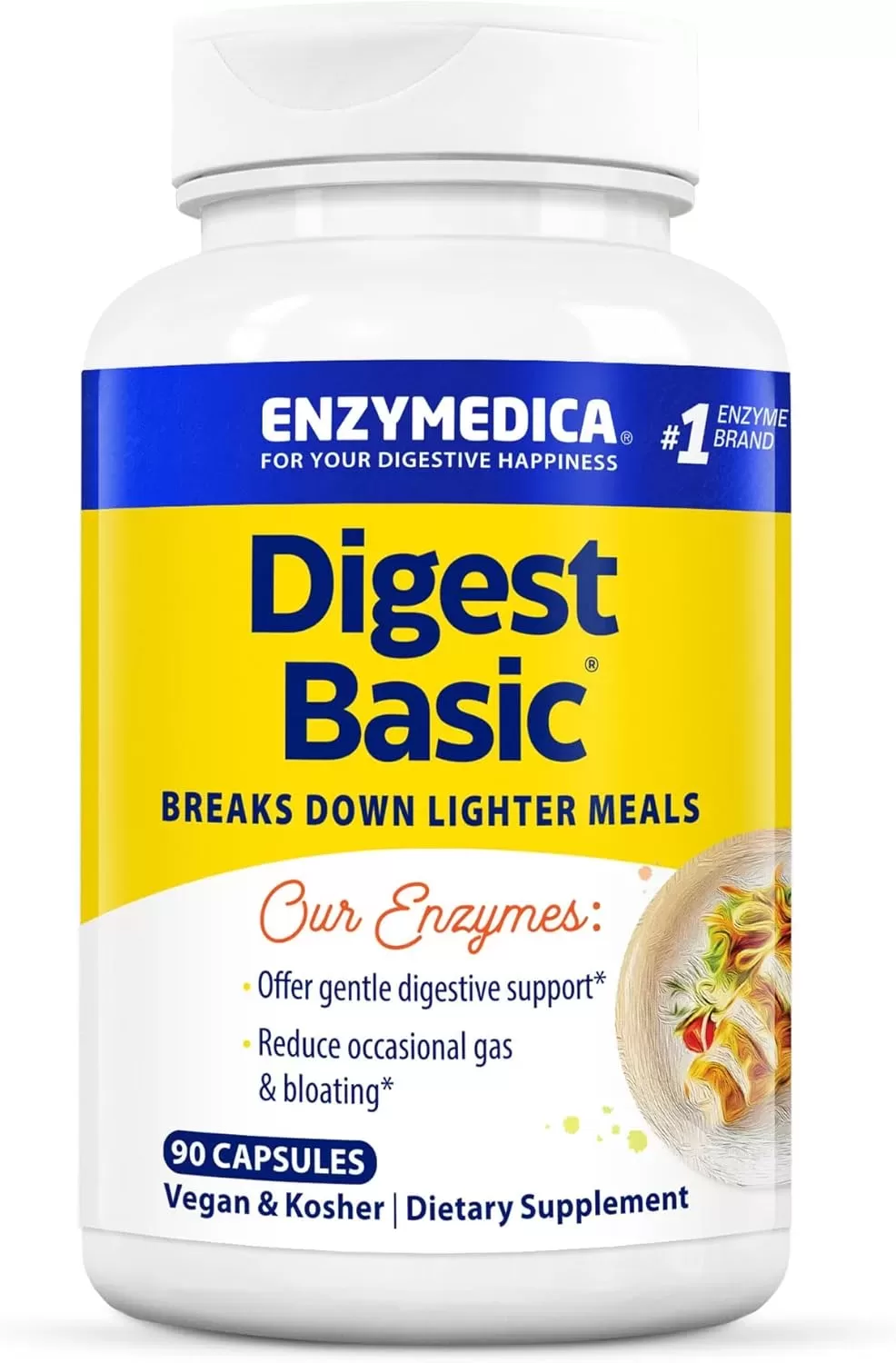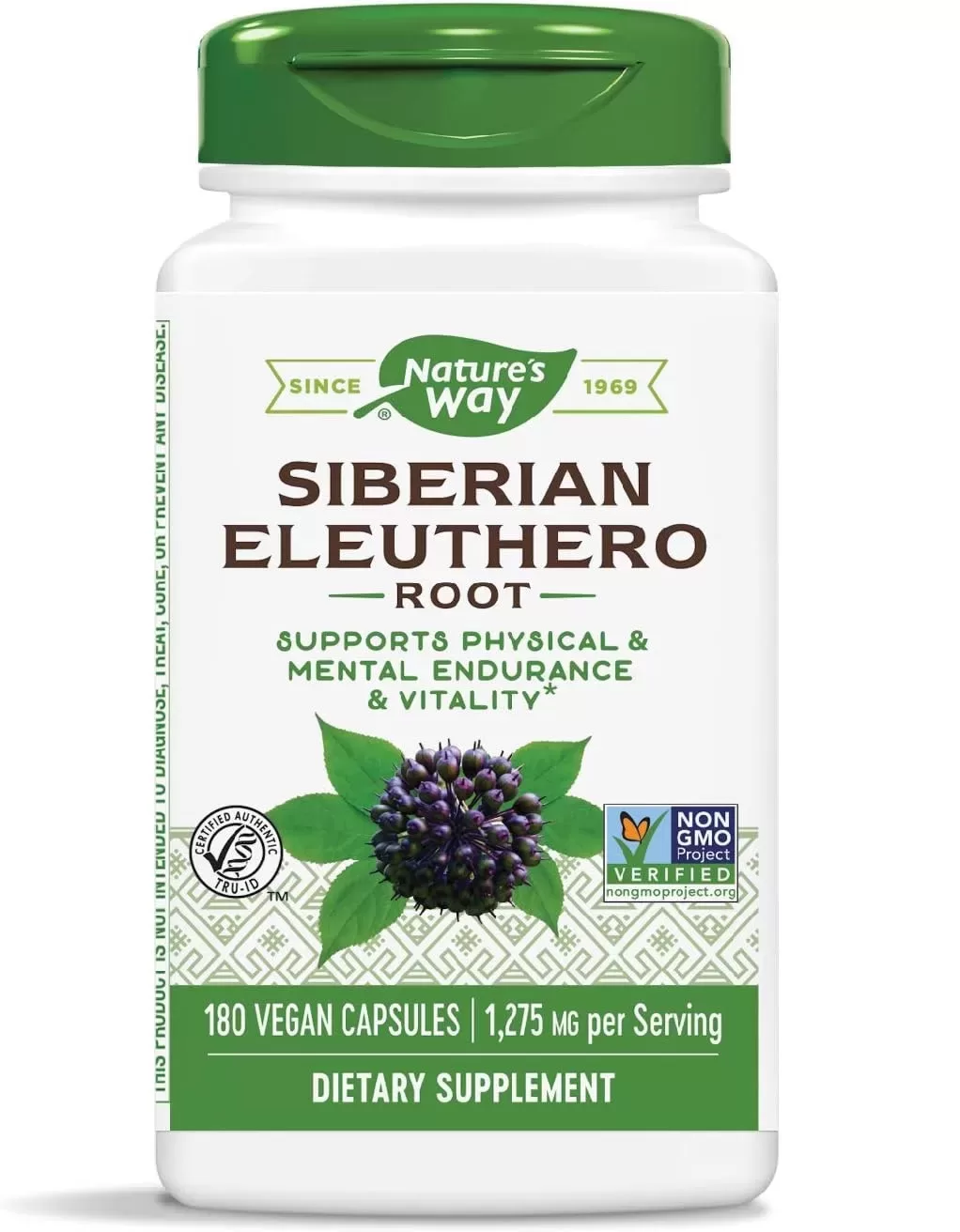Have you ever heard the saying, “Your gut is your second brain”? It’s not just a catchy phrase; it’s a scientific fact. Your gut health plays a crucial role in your overall well-being, from digestion to mood. By supporting your gut health with prebiotic and probiotic, you may be able to improve your digestion, reduce bloating, and naturally shed those unwanted pounds.
Gut health supplements, particularly probiotics, can help restore balance to your gut microbiome, the community of bacteria that lives in your digestive tract. These beneficial bacteria can improve digestion, boost immunity, and even support mental health. But with so many options on the market, it can be overwhelming to choose the right supplement.
In this guide, we’ll break down the key factors to consider when selecting a gut health supplement, review the top-rated products, and provide expert tips for maximizing their benefits. So, if you’re ready to prioritize your gut health and improve your overall well-being, read on!
The Power of Probiotics and Prebiotics: A Side-by-Side Comparison
Probiotics and prebiotics are both essential for maintaining a healthy gut microbiome. While they work together to support digestive health, they have distinct benefits.
| Benefit | Probiotics | Prebiotics |
| Replenish beneficial bacteria | Directly introduce beneficial bacteria into the gut | Create a favorable environment for the growth of beneficial bacteria |
| Improve digestion | Aid in breaking down food and absorbing nutrients | Promote healthy digestion by supporting the growth of beneficial bacteria |
| Boost immunity | Strengthen the immune system by interacting with immune cells | Indirectly boost immunity by supporting a healthy gut microbiome |
| Support mental health | May influence mood and cognitive function | Can indirectly support mental health by promoting overall well-being |
| Aid in weight management | May help regulate metabolism and reduce inflammation | Can support weight management by promoting healthy digestion and reducing inflammation |
Gut health is a cornerstone of overall well-being, influencing everything from metabolism and mental health to bone health and longevity. The intricate ecosystem of the gut microbiome plays a pivotal role in immune function, hormone regulation, weight management, and even disease development.

Top-Rated Probiotic Supplements
Choosing the right probiotic supplement can be overwhelming. Factors like the strain of bacteria, dosage, and quality are all important considerations. Here are some highly regarded options:
- Renew Life Ultimate Flora Critical Care Probiotic: This probiotic contains a diverse blend of 15 strains and 60 billion CFUs, making it a great choice for those with digestive issues.
- Culturelle Digestive Health Probiotic: A popular option, Culturelle offers a single-strain probiotic with Lactobacillus rhamnosus GG, a well-studied strain that has shown benefits for digestive health.
- Garden of Life Dr. Formulated Probiotics: This supplement provides a blend of 50 billion CFUs and 16 strains, including soil-based organisms that may offer additional benefits.
- NOW Foods Probiotic-10: A budget-friendly option that contains 10 billion CFUs and 10 strains, including Lactobacillus acidophilus and Bifidobacterium bifidum.
- Hum Nutrition Gut Instinct: This probiotic supplement is designed for women and contains a blend of 10 billion CFUs and 10 strains, including Lactobacillus plantarum, which may help support digestive health and mood.
Remember, it’s essential to consult with a healthcare professional just like Trish Tucker May before starting any new supplement regimen. They can help you determine the best probiotic for your individual needs.
Essential Prebiotic Foods
Prebiotics are the fuel that feeds the beneficial bacteria in your gut. By incorporating these foods into your diet, you can create a thriving microbiome.
- Whole grains: Oats, barley, and quinoa are excellent sources of prebiotics.
- Legumes: Lentils, beans, and chickpeas are packed with prebiotic fiber.
- Onions and garlic: These alliums contain fructans, a type of prebiotic.
- Asparagus: This vegetable is rich in inulin, a prebiotic fiber.
- Bananas: Unripe bananas are a good source of resistant starch, a prebiotic.
- Nuts and seeds: Almonds, walnuts, and chia seeds contain small amounts of prebiotics.
- Fermented foods: While not technically prebiotic foods, fermented foods like yogurt, kefir, and sauerkraut can introduce beneficial bacteria into your gut.
By incorporating these prebiotic foods into your diet, you can support your gut health and reap the benefits of a thriving microbiome.
The Power of Synbiotics
Synbiotics combine probiotics and prebiotics in a single supplement. This synergistic approach can provide enhanced benefits for gut health and digestive wellness. Here are some popular synbiotic options:
- Ritual Synbiotic+ Prebiotic, Probiotic, Postbiotic: A 3-in-1 formula for gut and digestive health, suitable for both women and men.
- Seed DS-01 Daily Synbiotic: Multi-strain probiotics with prebiotics for digestive health, gut health, and immune health.
- Zenwise Health Digestive Enzymes: Probiotic multi enzymes with prebiotics for digestive health and bloating relief.
- UpNourish Probiotics: 200 Billion CFUs, 15 strains, prebiotics, and enzymes for digestive health.
By choosing a synbiotic supplement, you can streamline your gut health routine and maximize the benefits of probiotics and prebiotics.

Probiotics for Immune Support
Probiotics play a crucial role in maintaining a healthy immune system. By supporting the balance of bacteria in your gut, probiotics can help strengthen your body’s defenses against pathogens.
- Lactobacillus acidophilus: This strain has been shown to enhance immune function and reduce inflammation.
- Bifidobacterium bifidum: This probiotic can help regulate immune responses and support a healthy gut barrier.
- Lactobacillus rhamnosus GG: Known for its benefits for digestive health, this strain can also boost immune function.
- Saccharomyces boulardii: This yeast-based probiotic can help restore the balance of gut bacteria and support immune function.
- Bacillus subtilis: This probiotic can help stimulate the immune system and reduce inflammation.
Incorporating these probiotic strains into your diet can help strengthen your immune system and protect you from illness.
How to Choose the Right Probiotic Strain
Choosing the right probiotic strain can be overwhelming. Consider these factors to make an informed decision:
- Identify your needs: Determine the specific benefits you’re seeking, such as improved digestion, enhanced immunity, or better mental health.
- Consider your gut health: If you have specific digestive issues like IBS or SIBO, look for probiotics that target those conditions.
- Choose the right strain: Research the specific strains of bacteria that are known to address your needs.
- Evaluate the CFU count: The CFU (colony-forming units) count indicates the number of live bacteria in the supplement. Aim for a CFU count that aligns with your needs.
- Look for a reputable brand: Choose a brand that is known for quality and has undergone third-party testing.
- Consider the delivery method: Probiotics can come in capsule, tablet, or powder form. Choose the method that suits your preferences.
- Consult with a healthcare professional: If you have underlying health conditions or are taking medications, consult with a doctor before starting a new probiotic supplement.
By following these steps, you can select a probiotic strain that effectively supports your gut health and overall well-being.
Prebiotics and Probiotics for Constipation Relief
Both prebiotics and probiotics can play a vital role in alleviating constipation. By supporting the balance of bacteria in your gut and promoting healthy digestion, these nutrients can help regulate bowel movements. Here’s a breakdown of food sources for each:
| Prebiotics | Probiotics |
| Whole grains (oats, barley, quinoa) | Yogurt |
| Legumes (lentils, beans, chickpeas) | Kefir |
| Onions and garlic | Sauerkraut |
| Asparagus | Kimchi |
| Bananas (unripe) | Tempeh |
| Nuts and seeds | Miso |
| Fermented foods | Kombucha |
Signs of Poor Gut Health
Are you experiencing any of these symptoms? They may indicate that your gut health could use some attention.
- Upset stomach: Gas, bloating, constipation, diarrhea, or heartburn are common signs of digestive issues.
- Unintentional weight changes: Changes in weight, whether gaining or losing, can be a sign of digestive problems.
- Sleep disturbances or constant fatigue: A compromised gut can affect your sleep quality and overall energy levels.
- Skin irritation: Skin issues like acne, eczema, or psoriasis can sometimes be linked to gut health imbalances.
- Food intolerances: Developing new food sensitivities or intolerances can be a sign of a compromised gut.
If you’re experiencing any of these symptoms, it’s a good idea to have a healing program with a nutrition gut specialist to discuss your gut health.
Foods to Help Improve Gut Health
A balanced diet is key to maintaining a healthy gut. Incorporate these foods into your meals to nourish your digestive system:
| Fiber-Rich Foods | Fermented Foods | Probiotic-Rich Foods | Foods that Support Collagen Production |
| Whole grains (oats, barley, quinoa) | Yogurt | Kefir | Citrus fruits |
| Legumes (lentils, beans, chickpeas) | Sauerkraut | Kimchi | Broccoli |
| Fruits and vegetables | Tempeh | Miso | Meat |
| Nuts and seeds | Kombucha | Pickles | Eggs |
| Flaxseed | Natto | Olive oil | Nuts |
| Chia seeds | Sourdough bread | Avocado |
Improving gut health can indeed play a significant role in weight management. An imbalanced microbiome has been linked to obesity, and addressing gut issues such as SIBO or chronic constipation can often help with unexplained weight gain. By supporting a healthy gut, you can potentially enhance your body’s ability to process food, regulate metabolism, and maintain a healthy weight.
FAQs
What is the best supplement for gut health?
The best supplement for gut health depends on your individual needs. Probiotics are often recommended to replenish beneficial bacteria in the gut, while prebiotics can support their growth. Other options include digestive enzymes and fiber supplements.
What is the best thing to take for your gut?
A healthy diet rich in fiber, fermented foods, and whole grains is considered the best foundation for gut health. However, supplements like probiotics and prebiotics can provide additional support.
What is the #1 substance to help heal the gut?
There is no single “magic” substance that can heal the gut. A combination of factors is typically needed, including a healthy diet, stress management, and potentially targeted supplements.
What vitamins are good for gut health?
Vitamins like B12, vitamin C, and vitamin D play important roles in gut health. They support the immune system, which helps protect the gut lining, and can also influence the balance of bacteria in the gut.

